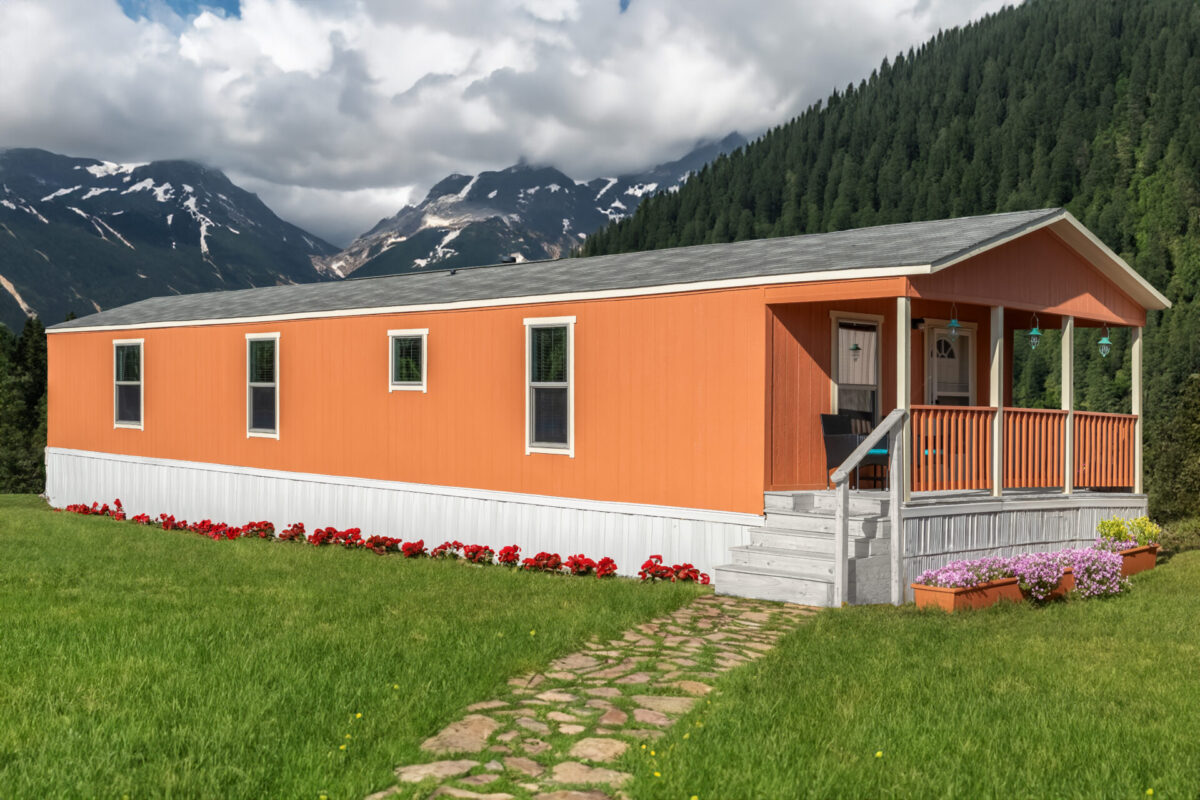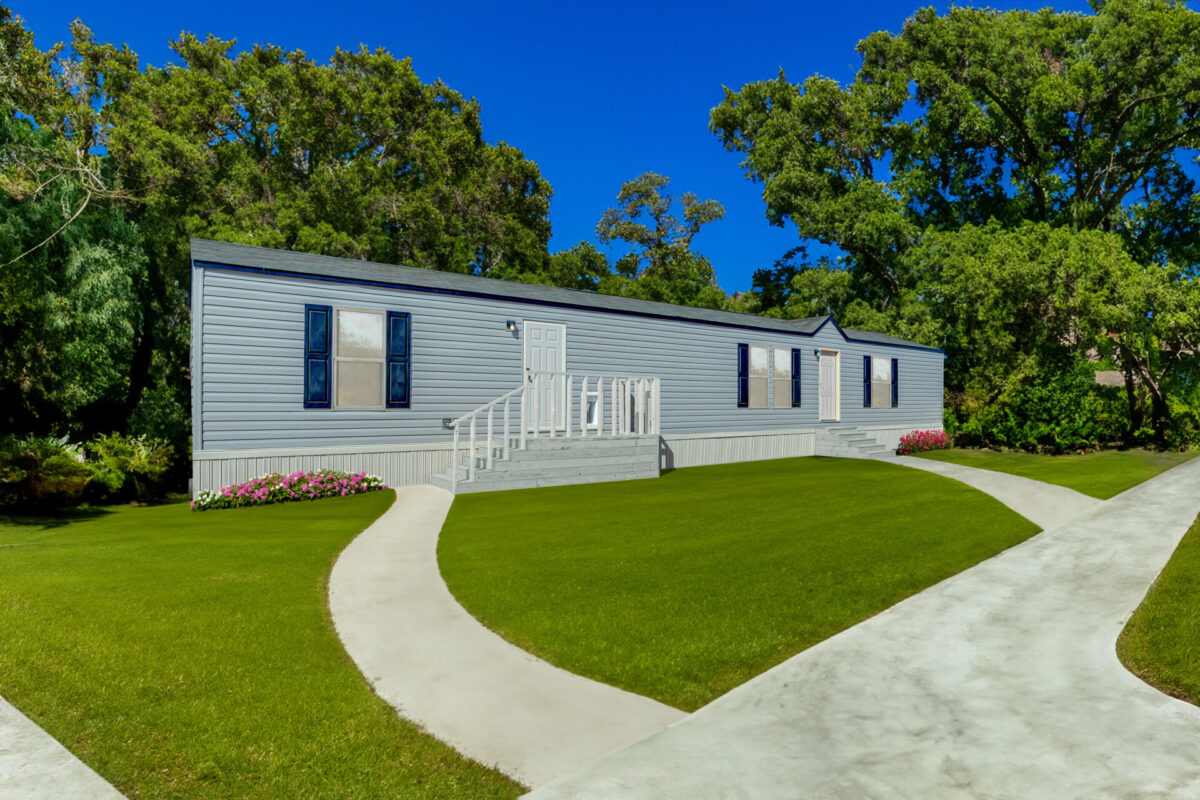The decision between homeownership and renting is one of the most significant financial choices many people will face. It involves weighing various factors such as financial implications, lifestyle preferences, and long-term goals. For those considering manufactured homes, mobile homes, or energy-efficient tiny homes, understanding the unique benefits and challenges of each option is crucial. In this comprehensive comparison, we’ll explore the advantages and disadvantages of homeownership versus renting, providing valuable insights to help you make an informed decision.
Homeownership vs. Renting: The Pros and Cons
Financial Implications
Homeownership: Building Equity and Financial Stability
One of the primary financial benefits of homeownership is the ability to build equity. When you own a home, whether it’s a traditional house, a manufactured home, or an energy-efficient tiny home, your mortgage payments contribute to an asset that can appreciate over time, increasing your net worth.
- Equity Building: Unlike rent payments, mortgage payments help build equity in your property. This is particularly beneficial for owners of manufactured homes and mobile homes, which offer a cost-effective way to enter the housing market and build wealth.
- Tax Benefits: Homeowners can take advantage of various tax deductions, including mortgage interest and property taxes, which can significantly reduce overall tax liability. These benefits are also available to owners of energy-efficient homes, further enhancing their financial appeal.
- Appreciation: Real estate typically appreciates over time, providing a return on investment when you decide to sell. Manufactured homes have seen growing demand, making them a potentially profitable investment.
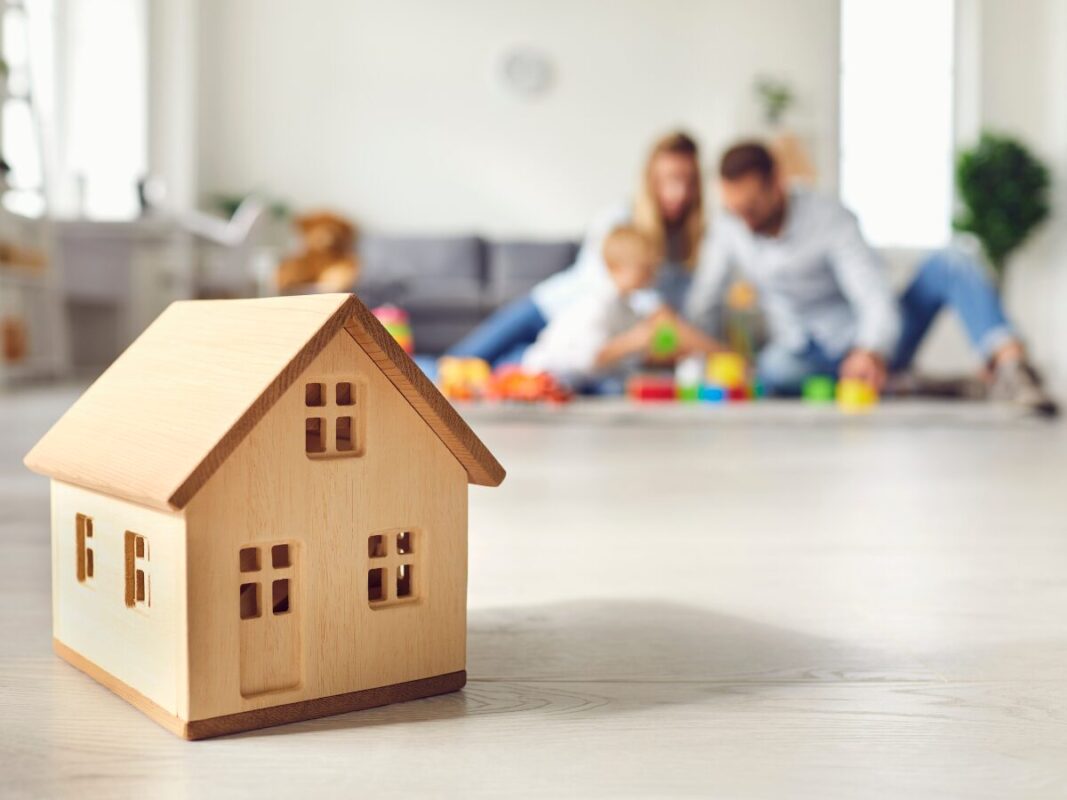
Renting: Flexibility and Lower Upfront Costs
Renting offers financial flexibility, especially for those not ready to commit to a long-term investment. It eliminates many upfront costs associated with buying a home, such as down payments, closing costs, and maintenance expenses.
- Lower Upfront Costs: Renting usually requires a security deposit and the first month’s rent, making it more accessible for individuals with limited savings. This can be particularly advantageous for young adults or those saving to buy a manufactured home or energy-efficient tiny home in the future.
- Predictable Expenses: Rent payments are often fixed for the lease term, making budgeting more predictable compared to the variable costs of homeownership, which include maintenance and unexpected repairs.
- No Maintenance Costs: Renters are not responsible for property maintenance, which can save significant money and hassle over time. This is a major advantage for those who prefer not to handle home repairs and upkeep.
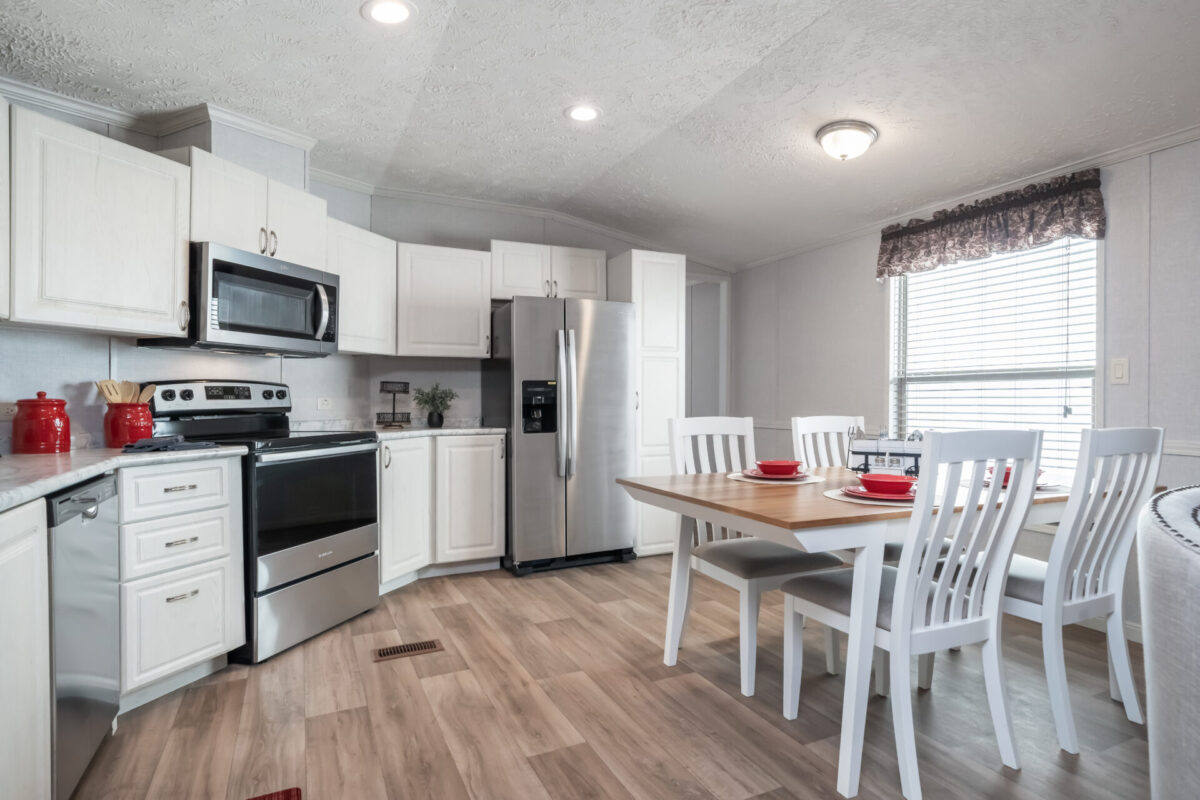
Lifestyle Preferences
Homeownership: Customization and Long-Term Stability
Owning a home, whether it’s a traditional house, a manufactured home, or a tiny home, allows for a level of customization and stability that renting cannot match.
- Personalization: Homeowners have the freedom to renovate, decorate, and modify their homes to reflect personal tastes and needs. This is particularly beneficial for manufactured homeowners, who can customize their homes with modern amenities and energy-efficient upgrades.
- Stability: Homeownership provides a sense of permanence and stability, which is ideal for individuals and families looking to establish roots in a community. This stability can be especially important for those living in manufactured home communities, where long-term residency fosters a strong sense of community.
- Pride of Ownership: Owning a home often brings a sense of pride and accomplishment, as well as a greater sense of belonging and investment in the neighborhood.

Renting: Flexibility and Convenience
Renting offers unmatched flexibility, making it a suitable option for those who prioritize mobility and convenience over long-term commitment.
- Mobility: Renters can relocate relatively easily at the end of a lease term, which is ideal for individuals whose jobs require frequent moves or who enjoy changing environments. This flexibility can be beneficial for those considering moving to different areas before settling down in a manufactured home community.
- Minimal Responsibilities: Renters are not responsible for property maintenance, lawn care, or major repairs, allowing them to focus on other aspects of their lives. This can be a significant advantage for those with busy lifestyles or limited interest in home upkeep.
Long-Term Goals
Homeownership: Investment and Legacy
For many, homeownership aligns with long-term financial and personal goals, providing a sense of accomplishment and a valuable asset to pass down to future generations.
- Investment: A home is a significant investment that can contribute to long-term financial security and wealth-building. Manufactured homes offer an affordable entry point into homeownership, with the potential for value appreciation.
- Legacy: Owning a home allows individuals to leave a tangible legacy for their children and grandchildren, particularly with energy-efficient homes that can reduce living costs for future generations. This can be an important consideration for those looking to establish a family home.
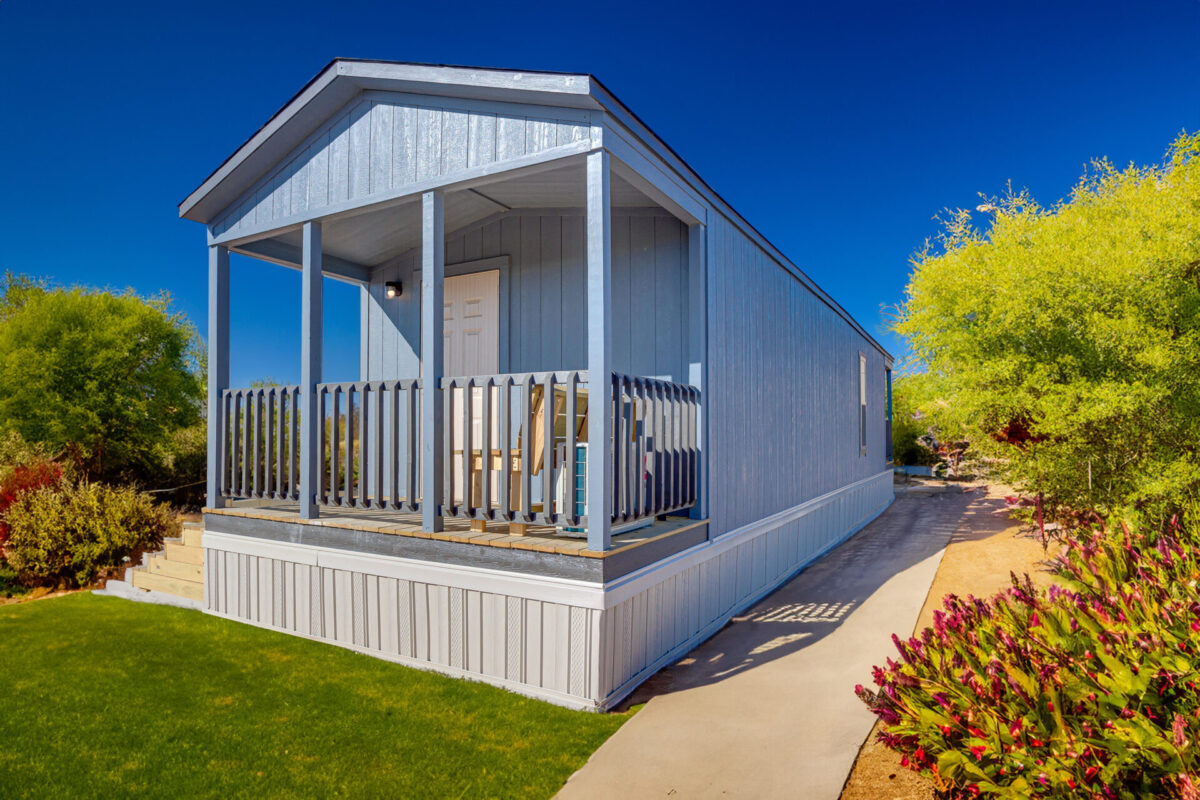
Renting: Short-Term Flexibility
Renting aligns with short-term goals, offering the freedom to explore different living situations without the long-term commitment required by homeownership.
- Exploration: Renters can experiment with different neighborhoods, cities, or types of housing without the permanence of buying. This can be especially appealing for young adults or those in transitional phases of life, such as recent graduates or individuals between jobs.
- Temporary Situations: Renting is ideal for those in temporary situations, such as students, young professionals, or individuals saving for a future home purchase. It provides the flexibility to adapt to changing life circumstances without the pressure of a mortgage.

Conclusion
The choice between homeownership and renting ultimately depends on individual financial situations, lifestyle preferences, and long-term goals. Homeownership offers the potential for equity building, customization, and stability, making it an attractive option for those ready to invest in their future. Affordable housing options like manufactured homes, energy-efficient homes, and tiny homes make this goal more attainable. Renting, however, provides flexibility, lower upfront costs, and convenience, appealing to those prioritizing short-term mobility and minimal responsibility.
By carefully considering these factors, you can make a well-informed decision that aligns with your personal and financial aspirations, ensuring a comfortable and fulfilling living experience. Whether you choose to own or rent, understanding the benefits and challenges of each option will help you navigate the path to finding your ideal home.
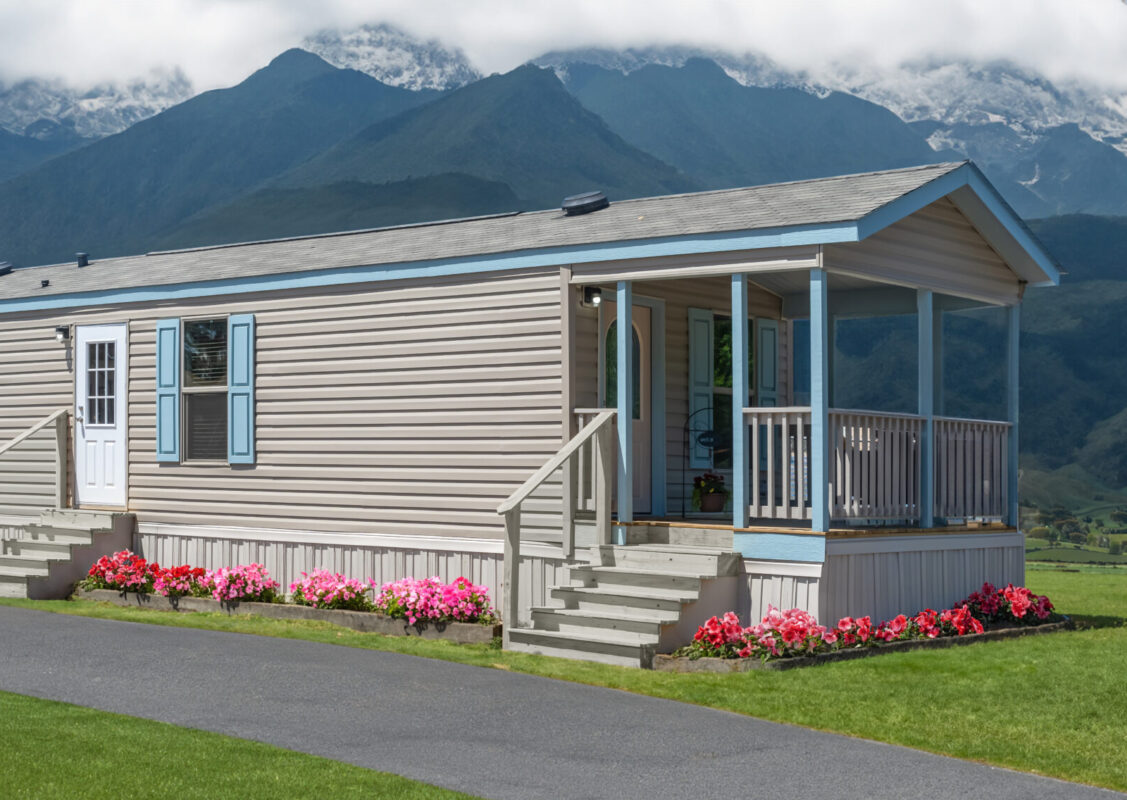
If you’re searching for affordable housing in 2024 and want to start building equity, choosing a Legacy Housing manufactured home is the smartest move you can make. Legacy Housing offers the most functional, affordable, and energy-efficient homes on the market today, perfectly suited for modern living. Our homes provide an exceptional blend of quality craftsmanship and innovative design, ensuring you get the best value for your investment.
By purchasing a Legacy Housing manufactured home, you’re not just securing a place to live—you’re making a wise financial decision that will build equity over time, giving you stability and peace of mind. Make the choice that countless satisfied homeowners have already made and discover why Legacy Housing is the leading name in affordable housing solutions. Start your journey to homeownership with Legacy Housing and enjoy the many benefits of owning a high-quality, energy-efficient home designed with your needs in mind.
Ready to find a Legacy Housing dealer near you? Find a local Legacy dealer here!

